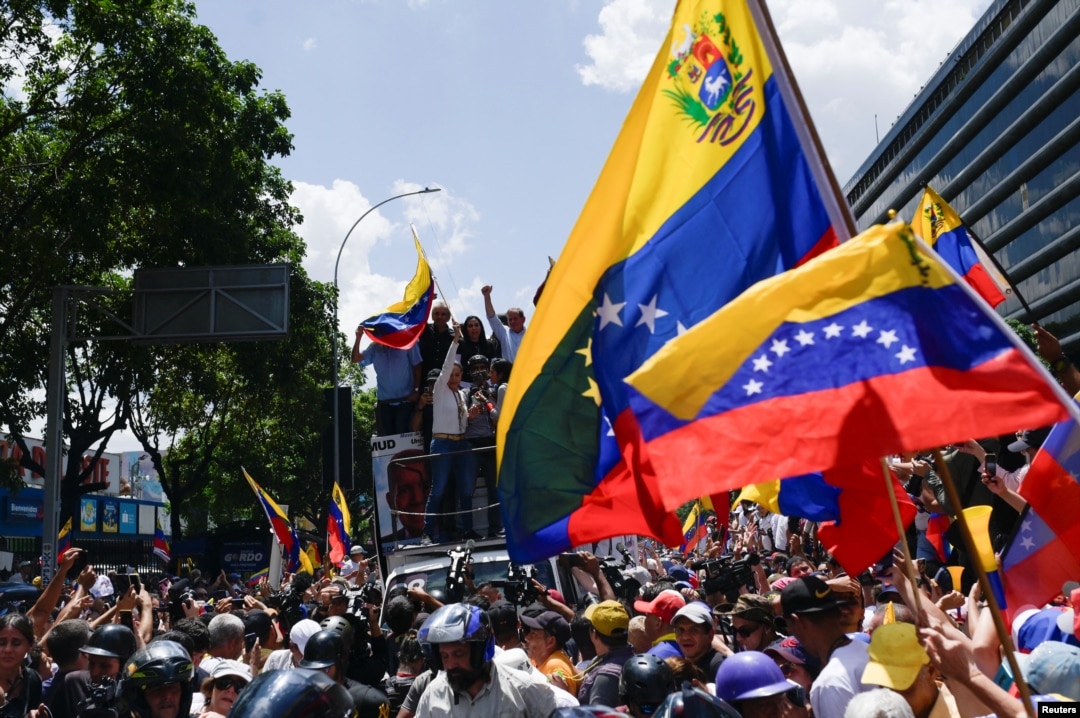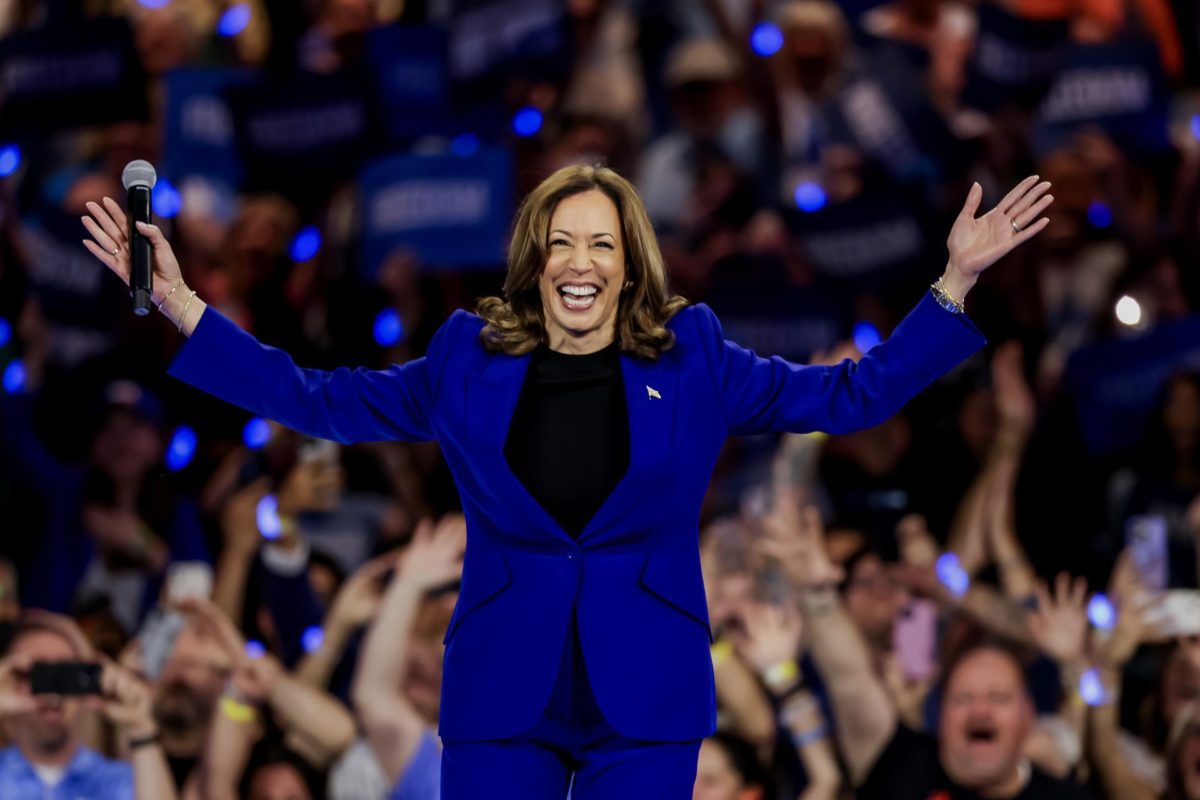Venezuela’s opposition is protesting on Wednesday, one month after the controversial re-election of President Nicolas Maduro, who has reinforced his cabinet with a strongman in charge of public order.
Maduro was re-elected for a third six-year term in the July 28 elections, which the opposition led by María Corina Machado denounces as fraudulent and claims to have evidence showing that its candidate Edmundo González Urrutia was the winner of the contest.
Machado and González went into hiding, although the leader is expected to participate as in two previous rallies.
The prosecutor’s office has opened a criminal investigation against both men, while Maduro is calling for their imprisonment. He holds them responsible for the violence in the post-election protests, which left 27 dead – two of them soldiers -, almost 200 injured and more than 2,400 arrested.
Chavismo also called for a mobilization on Wednesday to “celebrate” Maduro’s victory, which has not been recognized by the United States, the European Union and several countries in the region.
The protests also occurred one day after Maduro appointed Diosdado Cabello, considered the number two in the Chavista movement and a hardliner, to head the Interior Ministry, responsible for the police and public order.
“He knows a lot about peace, he knows a lot about justice and he has led the first steps of the judicial revolution,” said Maduro in the speech in which he announced changes in half of his cabinet.
Cabello, a 61-year-old congressman, takes over the portfolio 22 years after serving in it during the government of the late socialist leader Hugo Chávez, of whom he was a comrade in arms in the failed coup d’état of 1992.
Maduro also renewed the strategic oil portfolio, now in charge of Vice President Delcy Rodríguez, who will perform both functions. General Vladimir Padrino, Minister of Defense since 2014, was confirmed in the position.
New citation?
González Urrutia, a 74-year-old diplomat, ignored for the second consecutive day a summons from the prosecutor’s office, which is investigating him for alleged “usurpation of functions” and “forgery of public documents.”
These crimes can theoretically carry a maximum sentence of 30 years in prison.
He is also under investigation, along with Machado, for the website on which the opposition published copies of more than 80% of the minutes, which they claim are proof that González won with more than 60% of the votes.
The National Electoral Council (CNE) declared Maduro with 52% of the vote, without publishing the detailed count table by table, as required by law. He argued that he was the target of a hack, which experts and opponents dismiss.
In any case, the Supreme Court upheld the result. Both bodies are accused of serving Chavismo.
The Public Prosecutor’s Office has not announced whether it will issue a new summons to González, but on Tuesday afternoon, Perkins Rocha, Machado’s legal advisor, was arrested.
According to his party Vente Venezuela, he was taken by “force” by “unidentified” individuals.
The arrest adds to a list of more than 100 opposition activists detained after collaborating with Machado and González Urrutia during the electoral cycle.
Six of the opposition’s trusted collaborators, including her campaign manager Magalli Meda, are taking refuge in the Argentine embassy, now administered by Brazil.
#Venezuelan #opposition #marches #Maduros #reelection #shielding #Diario #Página


